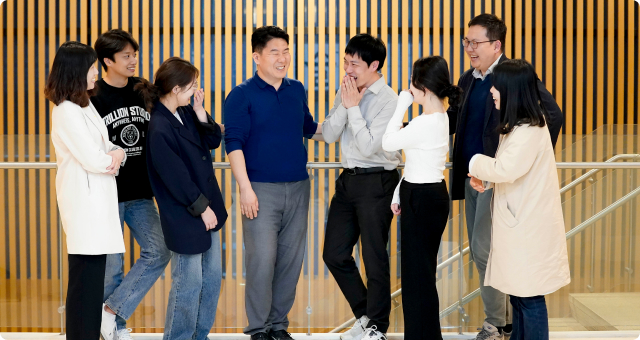
Human Rights
HS Hyosung Advanced Materials respects the human rights of all stakeholders and adheres to international standards, including Universal Declaration of Human Rights adopted by the United Nations General Assembly, the 10 principles of UNGC, core agreements proposed by the International Labor Organization(ILO), OECD guidelines, and other relevant international standards.







